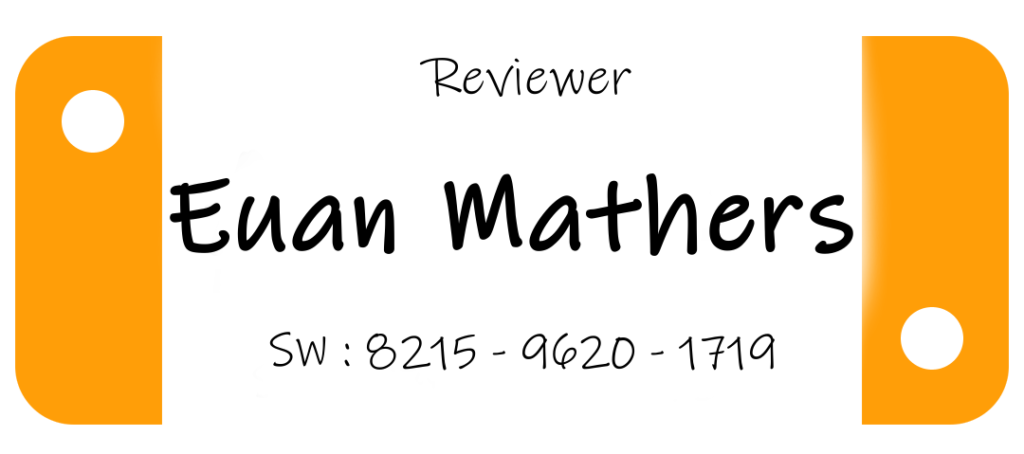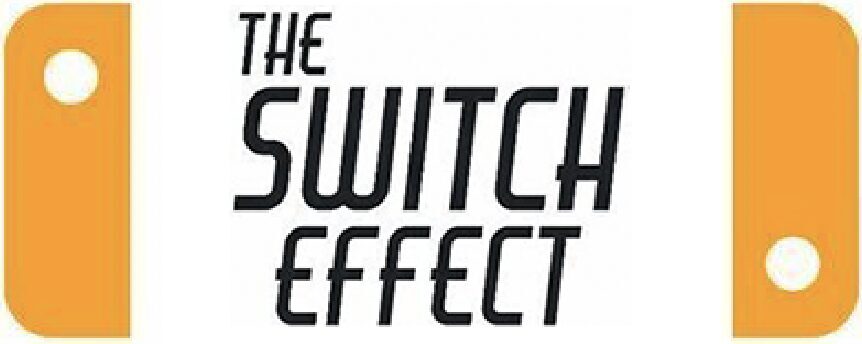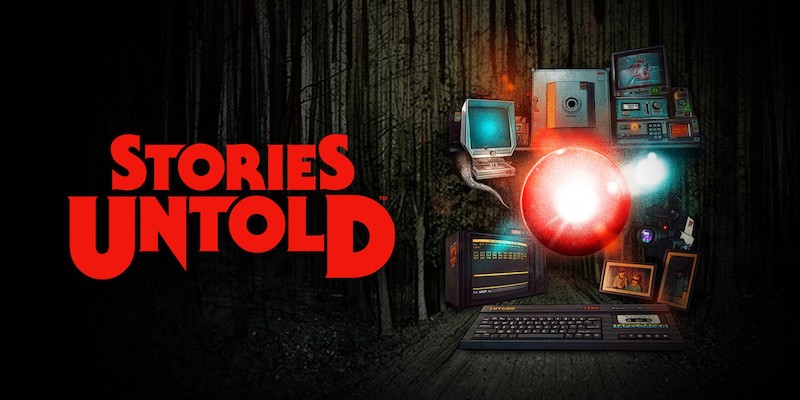[Review]: Stories Untold – Nintendo Switch
Stories Untold – Nintendo Switch
Developed By: No Code
Published By: Devolver Digital
Category: Psychological Horror Narrative Adventure
Release Date: January 16, 2020
I remember playing a text adventure version of Stig of the Dump on a BBC Micro in school. It may not have been as exciting as playing my SNES at the time but the opportunity to play a computer game in school, albeit for educational purposes, was surprising, but I was taking it. While this was the 1990s, it was a 1980s game using 1980s technology. The BBC Micro was a big and heavy machine with a separate monitor housed in steel and a separate disk drive for the 5.25 inch floppy disk that the game came on. It was probably not very good, but for me it was a unique type of experience of which something has stuck with me to this day, and that I have rarely come across since. While text adventures have never really returned, the narrative driven walking simulator has become its spiritual successor.
The latest game to fall into this bracket is BAFTA Scotland award winning Stories Untold. From Scottish developers No Code and Texan publisher of many of the Switch’s finest indie titles, Devolver Digital, it tells a psychologically chilling tale across 4 episodes. The first episode, The House Abandon, was initially born out of a game jam which challenged entrants to create something that featured ‘ancient technology’. So creators and friends Jon McKellan and Omar Khan came up with the idea of a text adventure game within a game with a twist. It was released on it’s own for free in 2016 to acclaim which prompted the creators to partner with Devolver Digital to remaster the The House Abandon and expand the story across another 3 episodes.
This is a psychological horror thriller, set in the 1980s. Each episode tells a story of its own with twists and turns that entice you to delve deeper into the mystery. But much like any post-Sopranos serial worth its salt, it has an overarching story thread running throughout. You start in a dimly lit room with a computer that looks like a ZX Spectrum plugged into a CRT TV with wood casing. For those of a certain age, this will hit a number of nostalgic beats. As you load up the text adventure The House Abandon, the screen gradually loads in a screen-filling pixelated old house, line by line. While it loads the sound of electronic high pitched tones are piercing, which some will recall from the days of loading up games on the ZX Spectrum, except here fortunately you don’t have to wait 5 minutes with the chance of a load failure.
Once it’s finished it’s brief loading it switches to a black screen that starts to fill with text, line by line. Each letter makes a sound as it appears on screen, reminiscent of the mother computer on the Nostromo in the seminal Alien (co-creator McKellan worked on the excellent spin off game Alien Isolation). Now rather than having to use an in-game keyboard, you have access to a range of actions such as ‘Look’, ‘Use’ which can be combined with items or locations. These are chosen from an on screen menu and the combination is typed as a sentence on screen by your unknown protagonist. You navigate around the house and interact with objects this way, with a text response and description appearing on screen based on your inputs. As you progress, things that happen in the text adventure cause certain things to happen in the game world. What starts as a happy return home after being away descends into something else.
Each episode has its own look and feel and each episode plays differently, although I don’t want to spoil too much here. Part of the enjoyment is the feeling of surprise, like going to see a movie having never seen a trailer. Much like a Netflix miniseries, each of the 4 episodes lasts about 30 minutes to 1 hour and can be binged in an evening or experienced over separate sittings. Playing in handheld mode is the perfect way to play in bed, under the covers with the lights off, but it will also send chills through your spine when playing in docked mode with the sound booming out of your TV.
Stories Untold really layers on the nostalgia, but to good effect. In episode 2 you get to use science equipment which for some will be reminiscent from science classes in school. Episode 3 has a microfiche reader from that bygone era before the internet, when libraries had these machines to allow you to look up information such as old newspaper clippings which had been miniaturised and transposed onto rectangular, transparent sheets of film.
The nostalgia continues in the game’s music which is brimming with atmosphere and menace, drawing influence from some of best movie soundtracks from 1980s such as The Thing or The Terminator. A special mention goes to the excellent synthwave theme tune which you hear throughout the game, as well as the logo and box art designed by Stranger Things artist Kyle Lambert. The voice work also is excellent, helping draw you in and keep you engrossed in this chilling and mysterious tale.
There are some things which may break the immersion. While most puzzles are not too hard to crack, some occasional puzzles towards the end can be frustrating, with some relying on you to memorise your actions from an earlier episode. In another episode you are overloaded with one too many commands mapped to the controller, perhaps a case for a Nintendo Switch version of the iconic Japan exclusive Gamecube keyboard controller made for Phantasy Star Online I&II. The game generally runs nice and smoothly but it can look a bit blurry and there are times when the frame rate gets a bit choppy. Yet these issues are minor and won’t hamper your overall enjoyment.
This game is all about the details, from the excellent representation of nostalgic items such as the ZX Spectrum, CRT TV with wood casing and microfiche reader, to the music which all combine to transport you back to the 1980s convincingly. The story is the heart of Stories Untold and the way it is told through the medium of video games immerses you in a way that only video games can. Using simple yet tried and tested techniques borrowed from other mediums, No Code manages to create a feeling of fear and dread of what’s around the next corner, yet you can’t stop yourself from wanting to look.
4/5





Buy Stories Untold
Be sure to follow Devolver Digital

Also, be sure to follow No Code









